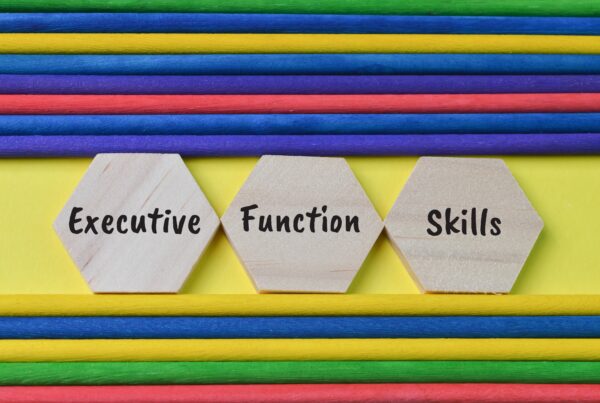Tutoring has long been a valuable resource for students seeking additional support and guidance in their academic journey. Unfortunately, many people hold a fairly common misconception about it: by meeting with a tutor, a student is, on some level, a failure, and if only he/she were smarter, better, studied harder, paid more attention in class, that student wouldn’t need tutoring at all. In this series, we’ll explore why this couldn’t be more misguided.
My Background
I began what would ultimately become my tutoring career working with student-athletes after finishing my Bachelor’s at the University of Oregon, where the spark of this misconception caught flame and grew into a wildfire among the campus community when a new building for student-athlete academic support was constructed and donated to the university. I won’t deny that the circumstances and undisclosed cost of the new building were sources of some legitimate outcry, but it seemed to me that the controversy itself stemmed from one fundamental but flawed indignation: the fact that student-athletes received academic support in the first place.
Preferential Treatment?
It became obvious to me when I started tutoring student-athletes that very few of those who followed these men and women on the field or court thought about them off it. Thus, when our new building was completed but not made available to the public, the response from the general student body (including its leadership) was critical: why weren’t the academic resources provided to student-athletes in the new Jaqua Center not made available to all students? Unfortunately, questions like this missed the point. No one wanted into our office when it was housed in some old, nondescript building that looked like an extension of the rec center. Until the new building, no one stood outside our doors, trying to get a glimpse inside, arguing that the student-athletes inside were getting a service that they didn’t deserve because it wasn’t available to everyone.
The Truth:
The student-athletes I worked with didn’t just deserve the support they received, though: they downright needed it, and, fortunately, almost all of them were required by the NCAA to have it. While several hours a day of practice, lifting, film review, and therapy certainly make for a toned physique and optimal athletic performance, they don’t leave much time for classes (most student-athletes could only take classes that didn’t conflict with their practice schedule in the first place) or studying, not to mention the classes–and tutoring sessions–student-athletes missed while traveling during season. (For more on the perspective of a collegiate athlete, see our two-part blog series here for part 1 and here for part 2.) However, I found that these individuals were just as concerned with their chemistry quiz scores every Thursday as they were about their mile time, stunt formation, or serve. What’s more, they benefited from the time we spent together. I was the most highly requested tutor in that building because the knowledge, perspective, and strategy that a good tutor can provide can truly be inspirational and transformational. Next year, my Ducks–along with former Pac-12 schools Washington, UCLA, and USC–will join the Big 10 conference, which will then span from coast to coast. With all that extra travel, I can’t even guess how many more classes and tutoring sessions student-athletes at all Big 10 schools will miss, and I hope coaches and administrators within athletic departments have already considered the consequences of adding to student-athletes’ already significant commitments to their universities.
Conclusion
Of course, I tell this story only to make a seemingly ironic point after its end: your schedule doesn’t have to be as busy as a collegiate student-athlete’s to need a tutor. You don’t have to be taking the hardest classes at your school to need a tutor. You don’t need to be applying to Ivy League schools to need a tutor. Frankly, you don’t even have to need a tutor to want a tutor. I’d guess that a majority of the people who were upset about UO student-athletes receiving academic support wanted something for themselves that actually was and always had been available to them (just from other sources on campus) but weren’t taking advantage of such resources. Ultimately, it comes down to advocating for yourself and seeking the help you need (or want), whether that’s guidance toward effective self-study resources or a tutor’s helping hand. The reality is that learning isn’t always easy, but asking for help is.
This post is part 1 in my “Do I need a Tutor?” series. Read part 2 here.
Interested in learning more about Test Prep at Mindfish?
Contact us today to find out what our dedicated tutors can help you achieve.





